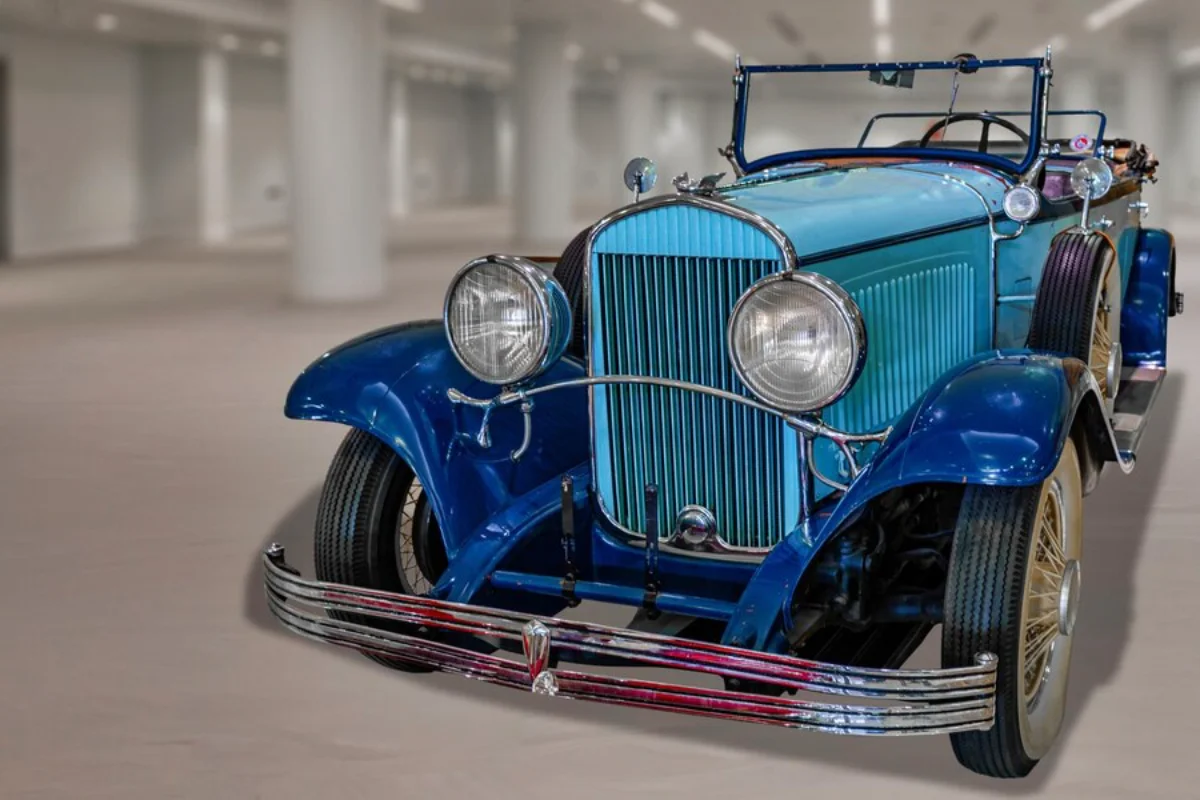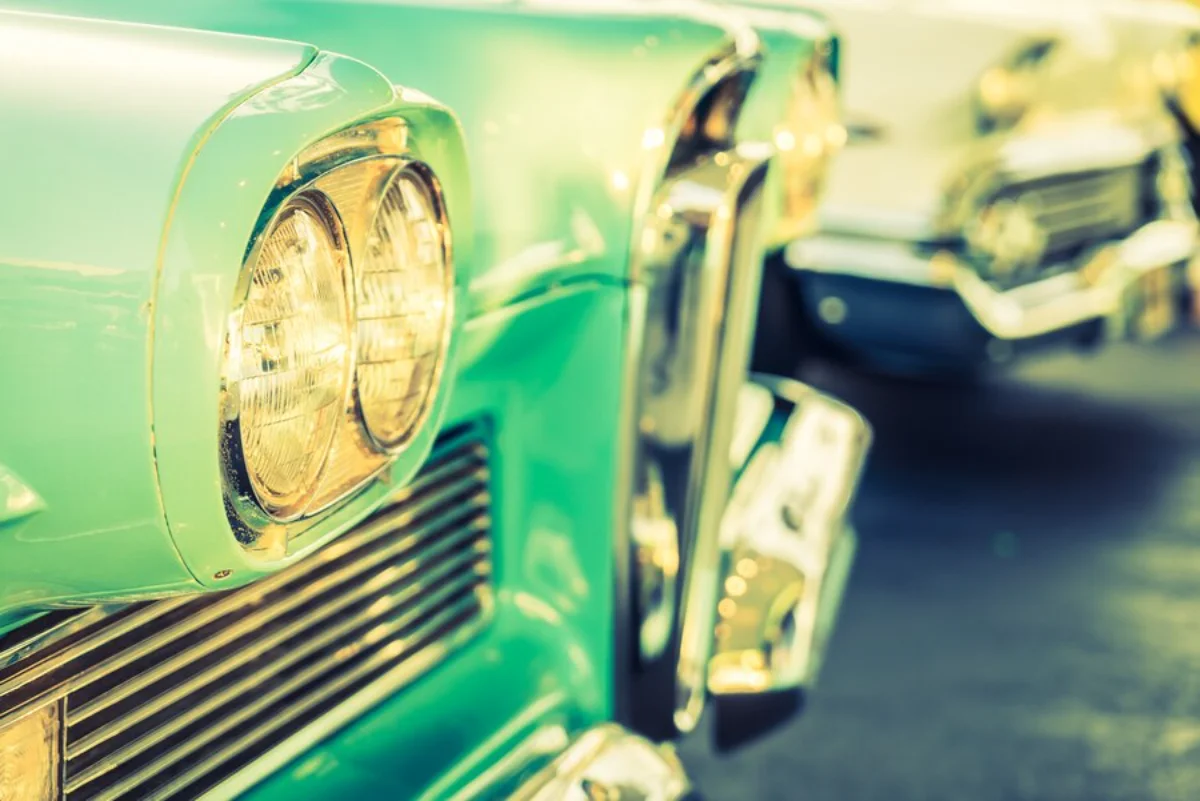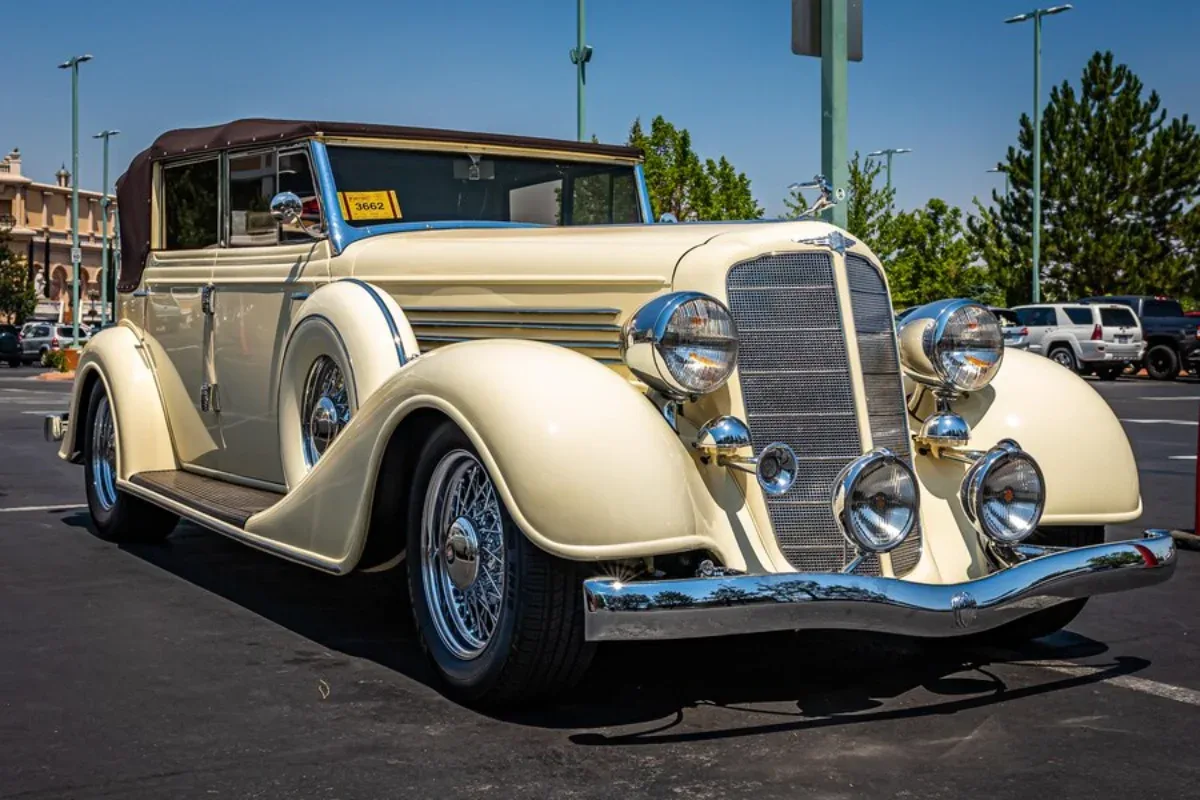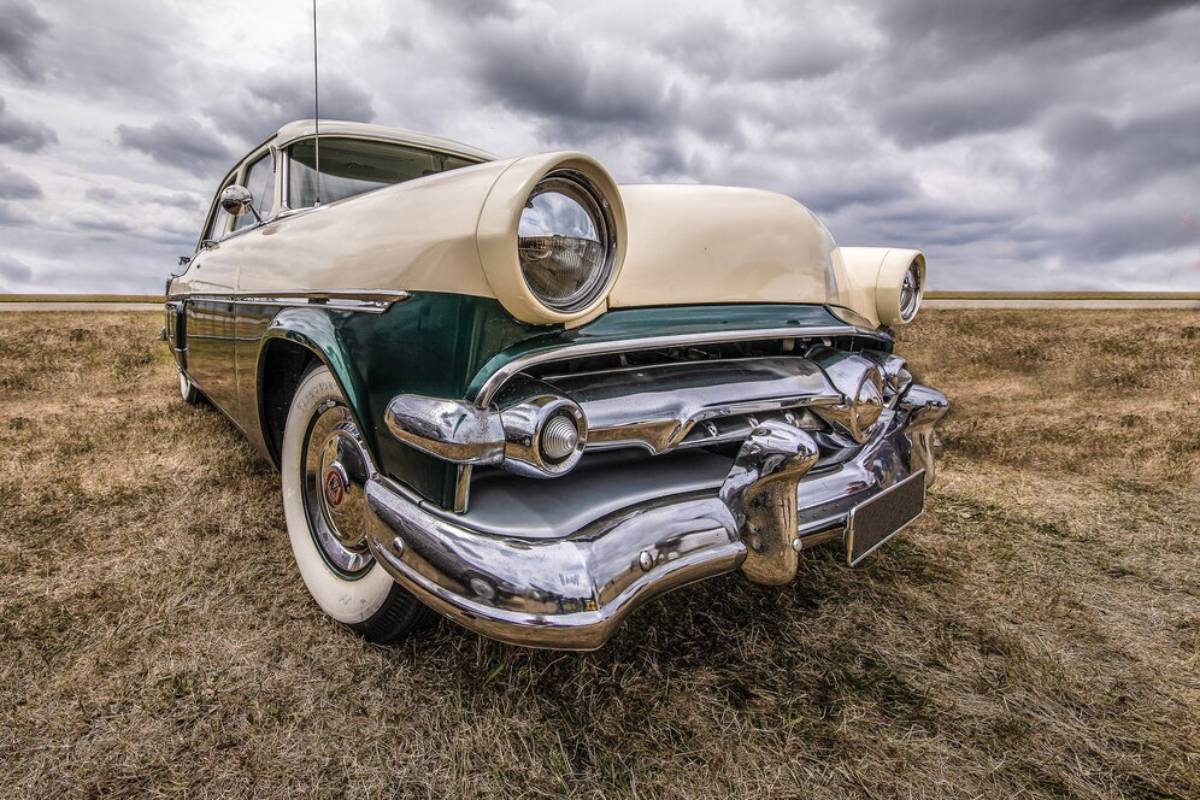
The Most Valuable Classic Cars Ever Sold
Classic cars go far beyond basic machines. They are works of art and engineering that epitomize the spirit of their age. For fans and investors, classic cars sweeten nostalgia, history, and investment potential. At auction, certain vintage or collectible cars have sold for jaw-dropping sums, attracting headlines. This blog will go through the most expensive classic cars ever sold and the principles of record breaking sales.

Key Benefits / Why It Matters
Understanding the Value of Classic Cars
Classic cars are about passion, craftsmanship, and history. Each car tells a unique story, showcasing design and technology from its era. For collectors, owning a classic car connects them to the past. These cars often appreciate over time, making them profitable investments. But what truly makes a classic car valuable?
Factors Contributing to High Prices
Several factors affect classic car prices. Rarity plays a big role; limited runs or unique models boost desirability. Provenance, or a car’s history, can add value, especially if it was owned by a celebrity or linked to notable events. The car’s condition, originality, and matching numbers also enhance its worth. Finally, performance, design, and the manufacturer’s reputation are key price determinants.
Real-Life Applications and Data-Backed Insights
The classic car market is a niche but thriving industry. Auctions frequently set new records. Hagerty, a company known for classic car insurance and valuation, reports that the market has grown a lot in the last ten years. Some models, such as Ferrari, Mercedes-Benz, and Aston Martin, always get high prices. Recognizing these trends helps potential investors and enthusiasts navigate the market.

Step-by-Step Guide to Record-Breaking Classic Car Sales
Iconic Models and Their Stories
Ferrari 250 GTO
The Ferrari 250 GTO is a classic car icon, known for its sleek design and racing success. In 2018, a 1962 250 GTO sold for a stunning $48.4 million at auction, setting a record. Its rarity, with only 36 ever made, and its racing pedigree contribute to its high value.
Mercedes-Benz W196
The Mercedes-Benz W196 is legendary in the Formula 1 world. In 2013, a 1954 W196 sold for $29.6 million, making it one of the priciest vintage cars. Its racing history, driven by the great Juan Manuel Fangio, adds to its appeal.
Aston Martin DBR1
The Aston Martin DBR1 represents British engineering excellence. In 2017, a 1956 DBR1 sold for $22.5 million, making it the most expensive British car at auction. Its victory at the 1959 24 Hours of Le Mans, driven by Carroll Shelby and Roy Salvadori, secures its place in history.
The Auction Process
Understanding the auction process is vital for buyers and sellers of classic cars. Auctions are the main venues for record-breaking sales, attracting bidders globally. The process starts with selecting cars, which are carefully vetted for authenticity and condition. Pre-auction estimates give buyers a price range. On auction day, bidding can be intense, often surpassing expectations due to the competitive atmosphere.
Factors Influencing Auction Prices
Many factors can impact auction sale prices. The auction house’s reputation, marketing efforts, and high-profile bidders all affect the outcome. Timing, such as aligning sales with anniversaries or major events, can raise interest and drive prices higher.

Additional Expert Tips & Common Mistakes to Avoid
Best Practices for Collectors
For collectors, buying a classic car is both an emotional and financial choice. Conduct thorough research to understand the car’s history, condition, and market trends. Consulting experts, like appraisers and historians, offers valuable insights. This can help you avoid costly mistakes.
Common Mistakes and Misconceptions
A common misconception is that all classic cars increase in value. While many do, the market can be unpredictable, and not every car is a good investment. Another mistake is overlooking the costs of maintaining and restoring classic cars. These vehicles need specialized care, and restoration can be both expensive and time-consuming.
Advanced Insights / Expert Recommendations
The Future of Classic Car Investment
The classic car market is evolving with emerging trends. Online auctions and digital platforms are making it easier for a global audience to participate. Interest in electric and hybrid classic cars is growing. This shift is driven by environmental concerns that influence automotive technology. For investors, understanding these trends is key to success.
Unique Industry Perspectives
Experts recommend that collectors diversify their investments. Looking beyond famous models can reveal unique opportunities with lesser-known brands. Considering a car’s cultural significance, like its role in films or media, can also add value.
Conclusion
Classic cars are a world where history, art and investment blend. Shows the charm of this industry in the classic cars that sold at the highest prices. Record sales draw both collectors and enthusiasts. With the market changing all the time a knowledge of the current events in the classic car investment world is crucial for any prospective investor.” The appeal of these classic vehicles is obvious, whether you’re a six-figure collector or a newbie. What classic car would you want to own, and what does it say about you?


